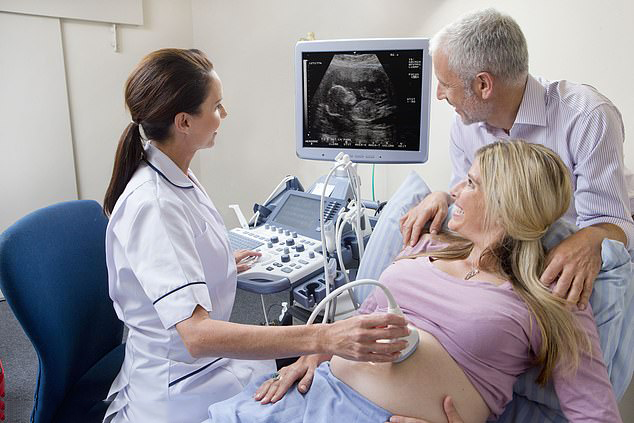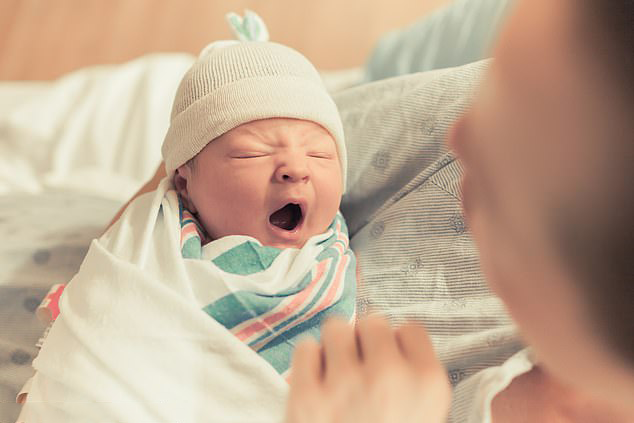Couples with surrogate babies could get automatic parental rights without having to apply through the courts under proposed legal reform
- Childless couples could gain parental rights over surrogate babies automatically
- The revamp would replace laws from the 1980s that give the birth mother the legal right of parenthood until surrogate parents get a court order to take over
- At the moment, anyone who engages a surrogate mother to have a child for them must ask a judge to let them become its legal parents
Childless couples could gain parental rights over surrogate babies automatically instead of having to go to court, according to a proposed legal reform.
At the moment, anyone who engages a surrogate mother to have a child for them must ask a judge to let them become its legal parents.
The plan for a ‘surrogacy pathway’ was set out by the Law Commission, which advises the Government on legal reform.
Ministers will decide whether to adopt the proposals, which would also give surrogate mothers who change their mind after the birth a five-week cooling-off period so they can make a legal protest against having to hand over their baby.
The revamp would replace laws from the 1980s that give the birth mother the legal right of parenthood until surrogate parents get a court order to take over.
The pathway plan also opens up the prospect that would-be parents could openly pay for another woman to bear a child for them.
Under current law, a surrogate mother can only be paid expenses.
The system would only apply to surrogacy conducted entirely within Britain. Cases in which would-be parents hire a surrogate mother from a foreign clinic would still need to be approved by a judge.
Sir Nicholas Green, chairman of the Law Commission, said: ‘More and more people are turning to surrogacy to have a child and start their family. We therefore need to make sure that the process is meeting the needs of all those involved.
‘However, the laws around surrogacy are outdated and no longer fit for purpose. We think our proposals will create a system that works for the surrogates, the parents and, most importantly, the child.’
Every year, almost 400 couples and individuals go to court for an order making them the legal parents of a child – a status that gives them full rights to bring up the baby and full responsibility for its welfare.
Surrogacy agreements between couples and women who bear the child have no legal status and can collapse if the parties argue or a court finds fault with them.

The surrogacy pathway would open a way for parenthood without a court appearance, overseen by a new regulator and checked by social workers and doctors.
Under the plan, all those involved would have medical examinations and counselling, and would get legal advice for all sides.
If ministers accept the recommendations, it would mean that for the first time someone could be recognised as the parent of a newborn without having any biological connection to the child.
The surrogate mother’s partner would have to accept medical and background checks, but would have no say in the surrogacy arrangement or the fate of the child because, the Commission said, that would send ‘an unwelcome message about a woman’s bodily autonomy’.
It added: ‘Our project does not seek to examine whether surrogacy should be allowed. We take as our starting point that surrogacy is an accepted form of building a family.’
